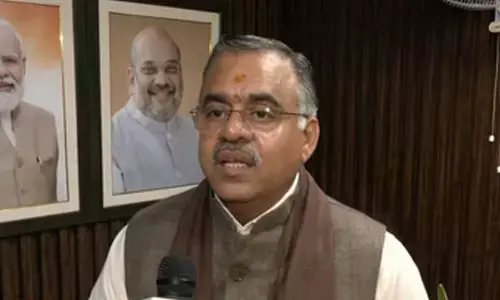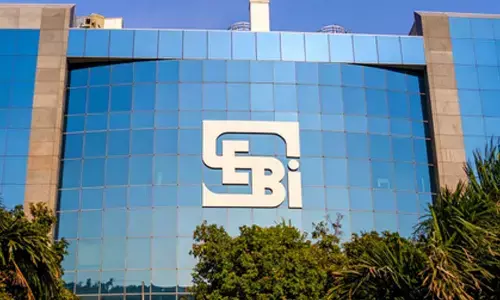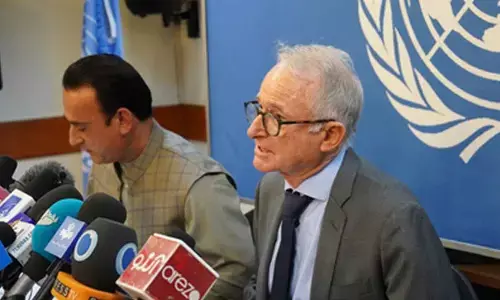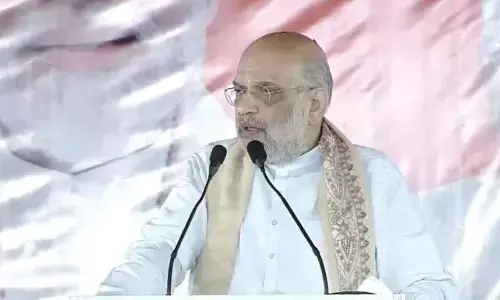We need a 360-degree paradigm shift
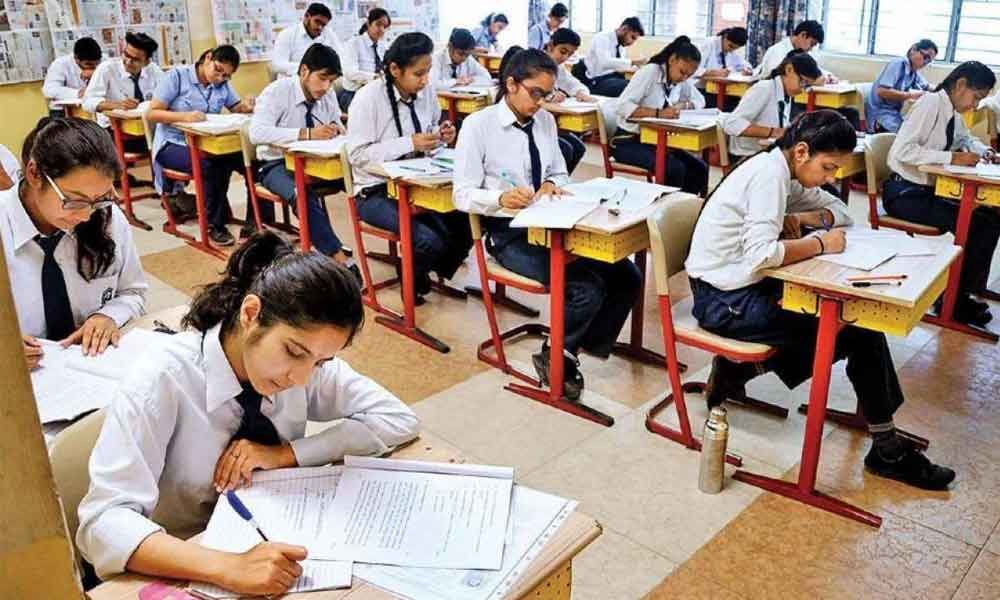
We need a 360-degree paradigm shift
The Prime Minister’s vision of a National Education Policy (NEP) has laid the foundation for a paradigm shift in the way education is conceptual-ised, designed and imparted across India.
The recent ruling by the Supreme Court in setting aside a High Court order for an NRI student's admission to an MBBS programme in Telanga-na is a good example of how the regulatory framework is still reliant on credentials and outputs rather than outcomes. Going forward, such a friction is bound to exist as the NEP moves towards outcomes while regulatory and legal frameworks will continue to look at certifications and credentials that is being termed as outputs. A quick alignment be-tween these two could ensure the smooth implementation of the NEP
The Prime Minister's vision of a National Education Policy (NEP) has laid the foundation for a paradigm shift in the way education is conceptual-ised, designed and imparted across India. However, as the implementa-tion plan of the NEP gathers steam, it is important to keep in mind that the ancillary institutions and stakeholders such as the judiciary and the regulatory frameworks are better aligned with the vision of the NEP.
The recent ruling by the Supreme Court in setting aside a High Court order for an NRI student's admission to an MBBS programme in Telanga-na is a good example of how the regulatory framework is still reliant on credentials and outputs rather than outcomes. Going forward, such a friction is bound to exist as the NEP moves towards outcomes while regulatory and legal frameworks will continue to look at certifications and credentials that is being termed as outputs. A quick alignment be-tween these two could ensure the smooth implementation of the NEP.
To be sure, that there is clarity in our articulation it would be worth delving a little deeper into the legal issue at hand. A student had ap-plied, for admission into the NRI management quota for the MBBS/BDS course during the academic year (AY) of 2020. The University published a list containing the said student's name, clarifying that she had not furnished proof of studying biological science subject in the qualifying examination (10+2 or equivalent).
The student then secured a letter from the Consulate General of India in New York, stating that she had successfully completed the 12th grade from one Conrad High School, West Hartford, Connecticut and that it was equivalent to the Pre-University (two-year course) and the 12-year Senior Secondary Board Examination Certificate of India.
The student approached the High Court relying upon the certifi-cate/letter issued by Conrad High School, and a certificate issued by the Telangana State Board of Intermediate Education that declared the equivalence between the 12th class/senior secondary examination of the West Hartford Board of Education, Connecticut USA and the Inter-mediate Examination conducted by the Telangana State Board of In-termediate Education.
When the university did not call the student for counselling, the stu-dent approached the High Court of Telangana that declared the stu-dent had completed her 12th grade with Biological Sciences as required by the concerned regulations framed by the erstwhile MCI.
The appeal of the University in the Supreme Court went in its favour as the Supreme Court observed that as per the extant Medical Council of India (MCI) guidelines the university was justified in denying admission to the NRI student. The apex court relied on Section 4(2) of the MCI guidelines that stipulate that the applicant should have passed the ex-amination with Physics, Chemistry and Biology/Bio-technology and the candidate should have undergone practical tests in those science sub-jects has not been met by the student.
While the Supreme Court in its judgment stated that it cannot claim expertise and pronounce upon the curriculum and pedagogy of any course, it can certainly examine whether the University's stand that she does not hold a qualification equivalent to the Medical Council of India (MCI) is correct.
This brings us back to the discussion on what can be used as a frame-work for adjudicating such a claim. While outputs such as credentials and certificates can be a criteria, they are not in consonance with the overall vision of the NEP that tries to move towards learning outcomes as a central goal. The Supreme Court's judgment is a narrow interpre-tation of the MCI guidelines.
The guidelines themselves promote an examination framework that has relied on rote learning techniques, while the human angle or actual proficiency is not taken into account. Many of those passing these ex-ams would have slipped through the cracks and may not have actual proficiency while have exhibited good retention skills rather than ap-plying frameworks and concepts.
The NEP aims to bridge this gap between outputs and outcomes. As the implementation of the NEP is being fast tracked it would be good that regulatory bodies such as the MCI, UGC and other bodies that set the rules move from an output based framework to a similar outcomes based framework. The recent Supreme Court judgment should catalyse these bodies in making this transition.
(Y.L Srinivas teaches at Osmania University and is an Executive Council Member of the National Assessment and Accreditation Council (NAAC). Views expressed here are personal)



